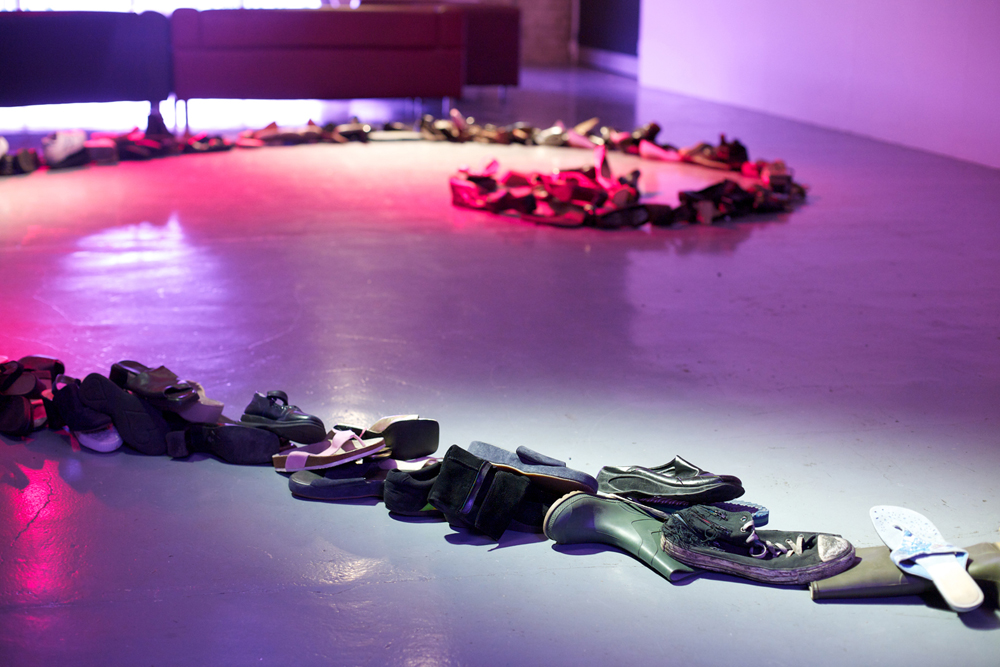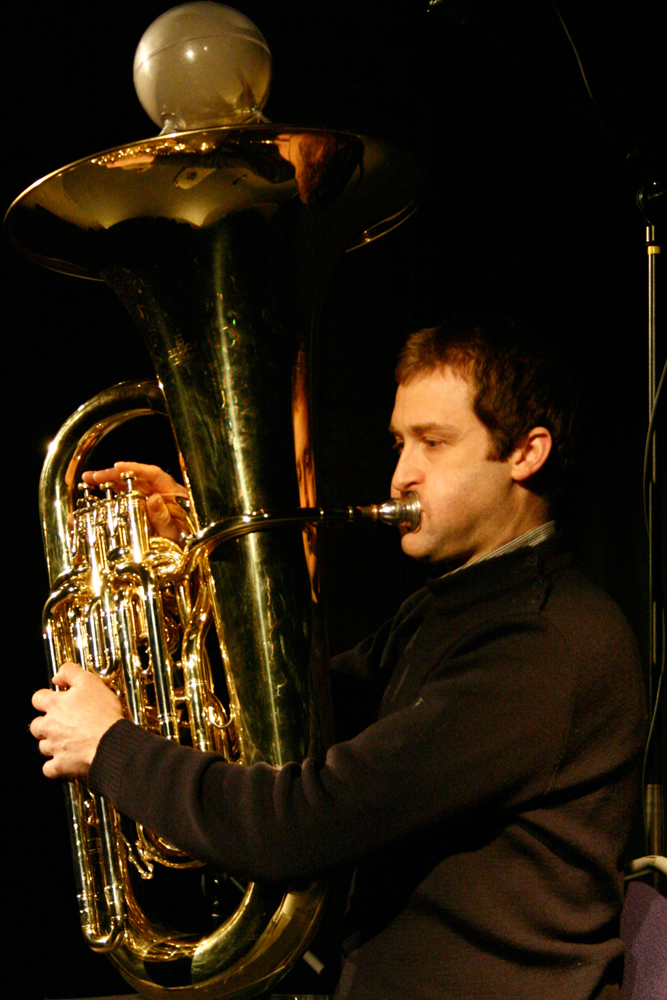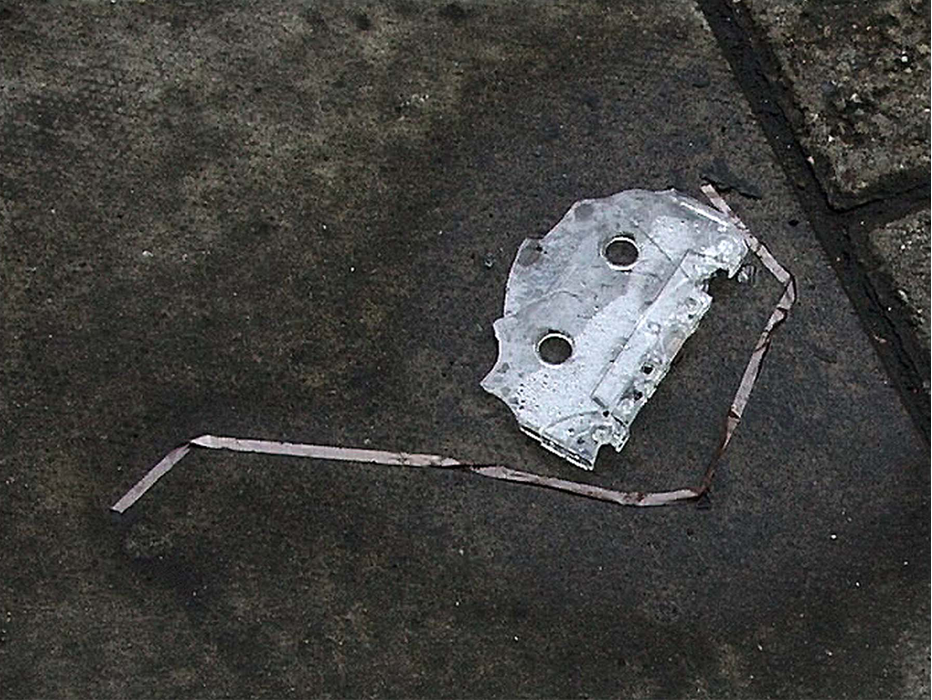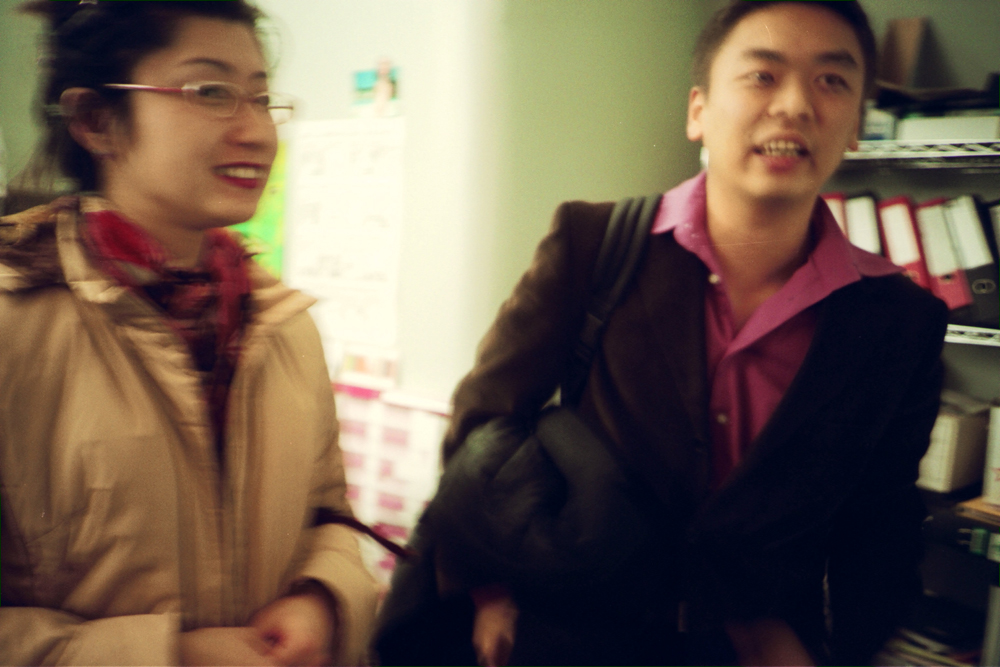
Glasgow School of Art Friday Event
Beatriz Santiago Muñoz
Beatriz will explore her thinking, on film as translation, plural subjectivity or land-based militancy. Discussion will centre around her work Oriana and its companion piece Oenanthe, which will be screened in full.












